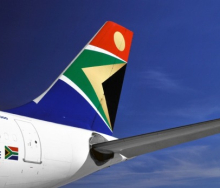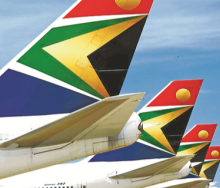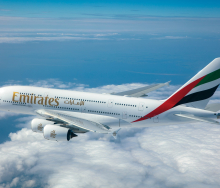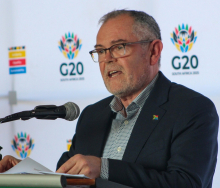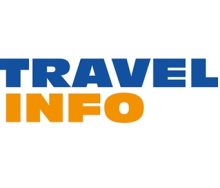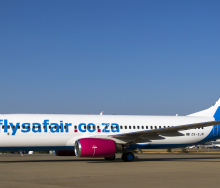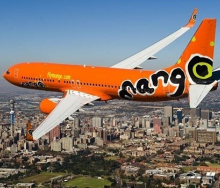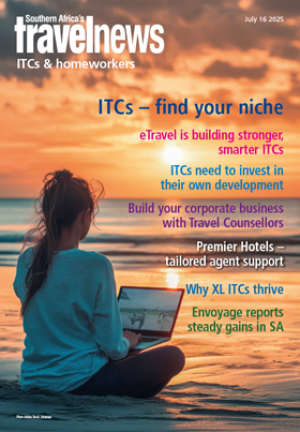TRAVEL management
companies are finding
themselves between a
rock and a hard place, with
corporate clients complaining
that recent agency cut-backs
and retrenchments mean they
no longer receive dedicated
service from consultants.
TMCs have hit back, saying
it is no longer viable to offer
value-added services when
corporates are cutting back
drastically on their travel
spend.
Just last month, government
went ahead with plans to cut
overrides and volume-based
incentives to TMCs. TMCs
were given notice last month
to restructure their business
models and submit new
service fee proposals to make
up for any loss of income as
a result of the government’s
move to scrap overrides,
however the revised fees
that industry submitted were
rejected.
The root of the problem
is that, in the past, TMCs
offered many value-added
services at no charge, such
as a dedicated consultant
to each account, says
chairperson of the Global
Business Travel Association,
Howard Stephens. “But they
can’t do that any more,” he
says, referring to the current
economic climate.
What’s happening in the
marketplace is that corporates
are paying less but still
expecting the same services
they used to get, says Claude
Vankeirsbilck, chief sales and
marketing officer of Tourvest
Travel Services. “Ultimately,
corporates will get what they
pay for.”
The issue is compounded by
the fact that most corporate
clients don’t understand the
cost involved in providing a
dedicated service. In the past,
the client may have delegated
travel arrangements to their
PA, and they can easily make
the mistake of assuming
there is little cost and effort
involved, says Howard.
His advice for agencies
battling this misperception is
to play open-book with their
clients. He suggests TMCs
break down exactly how much
it costs to run the different
services they provide and then
present this to their clients.
Total transparency is the
answer to communicating
added value to corporates,
says Allan Lunz, md of
Bidtravel, adding that Bidtravel
is very clear about what the
corporate is paying
for, whether it be a certain
amount for dedicated account
management or a per-hour
rate. He says, in the past
where TMCs have offered
these kinds of services
free, one element would
have been cross-subsidising
another. “They probably crosssubsidised
it out of supplier
revenue and said ‘well we
are getting this revenue and
that will cover us, therefore
we don’t need to charge for
the service’, thinking that’s
a clever way of trying to win
business. But there’s no free
ride, either they were making
up the cost on tickets or
recovering it some other way.”
Monique Swart, founder of
the African Business Travel
Association, agrees, saying
that if corporates want a
particular service, they need to
pay the appropriate fees. She
adds that part of the problem
is that some agencies oversell
themselves in terms of what
they can actually deliver.
“It was common for account
management to be given away
free,” says Monique Hilton, md
of BCD Travel and previously
travel manager of Barclays.
The TMC also needs to
ensure that it is offering a
true consultation service and
not just a “booking service”
to demonstrate real value,
says Hilton. Service should
be promoted to clients as an
outsourced consultancy, she
says. “Corporates need to
see it as investment in their
programme.”
It’s a two-way street, says
Claude, adding that the
customer needs to ensure
that they are getting the
value they’re paying for and
should hold the agency
accountable
